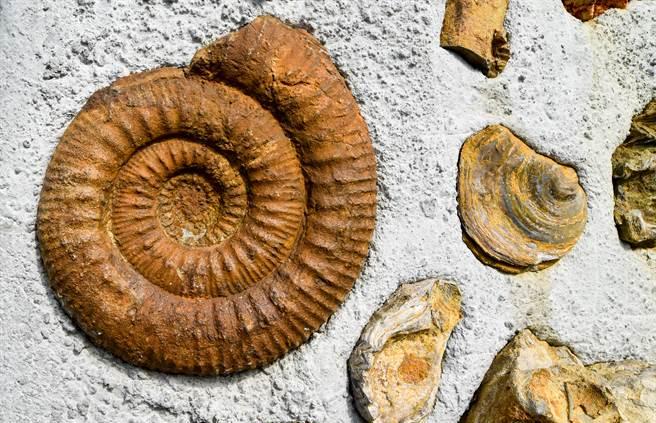Researchers have found nearly 900 million-year-old deep-sea sponge fossils in the mountains of Canada's Northwest Territories, which, if correctly inferred, would push the origin of Earth's animals forward by about 300 million years.
Reuters reported that sponge fossils inhabiting the primordial reefs formed by bacteria have been found in the rugged mountains of Canada's Northwest Territories, which are about 890 million years old, and may give a glimpse of the small origin of animals on Earth.

Canadian researchers say the body microstructures of the fossils, dating back to neoproterozoic, appear to differ from deep-sea sponges of the Mediterranean bath sponge or Spongia officinalis that exist today.
If read correctly, these may be the oldest animal fossils, about 300 million years before the fossils were discovered.
Elizabeth Turner, a geologist at Laurentian University in Canada who conducted the study, said: "It is not surprising that the earliest evolutionary organisms were likely to be sponge-like, because sponges are the most basic animal type in terms of both today and the fossil record." The study was published in the journal Nature
Earth was formed more than 4.5 billion years ago, and the earliest life forms emerged hundreds of millions of years later as bacterial-like single-celled marine organisms; complex life evolution occurred relatively late in Earth's history.
There has been much debate about the timing and form of the first appearance of primary animal life. The organic fossil, with its mysterious ribs and pancake-like shape, called Dickinsonia, appeared about 575 million years ago and is considered a candidate for the oldest known animal.
Turner believes animals evolved much earlier than the extant fossil record suggests. "The long history is not surprising, but the gap of hundreds of millions of years may be a bit of a surprise for some researchers," she said.
When people think of animals, the first thing that comes to mind may not be a sponge. But sponges, aquatic invertebrates that inhabit the seabed and have soft, porous bodies and endoskeletons, are probably among the most successful animal populations.
Some sponge bones are made up of quartz or calcite struts; others are skeletons made up of complex three-dimensional meshes called spongins to support the animal's soft tissues. Fossils found in Canada belong to the latter, called sponges.
Turner said: "What we found was a three-dimensional mesh of hard protein bone structure remnants, very different."
If these fossils are indeed some kind of sponge, the timing of their appearance will show that the evolution of Earth's oldest animals is earlier than the two leading events generally considered to be the emergence of animal life.
One of these events was the moment of an atmospheric oxygen surge in Earth's history, dating from about 830 million to 540 million years ago; the other was when the Earth froze or at least partially frozen and the temperature plummeted, occurring about 720 million to 635 million years ago.
These fossils predate the oldest known sponge fossils by about 350 million years. Turner notes that according to genetic studies, sponges first appeared at about the same time as these fossils.